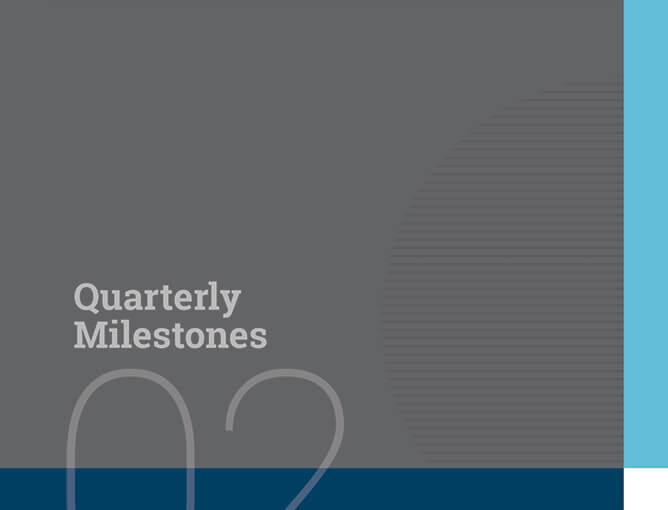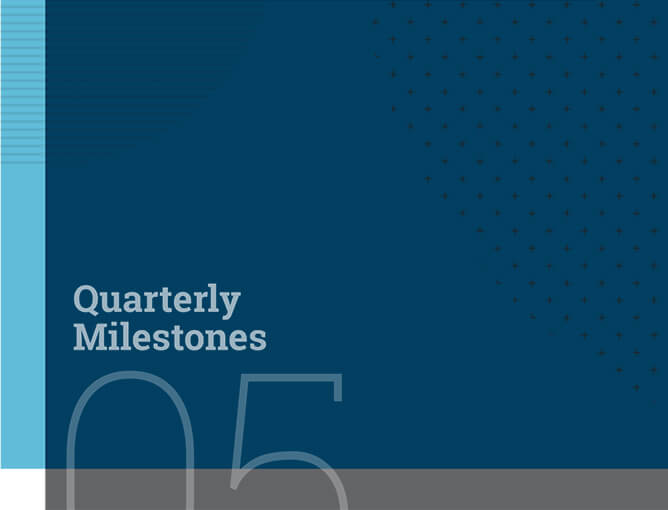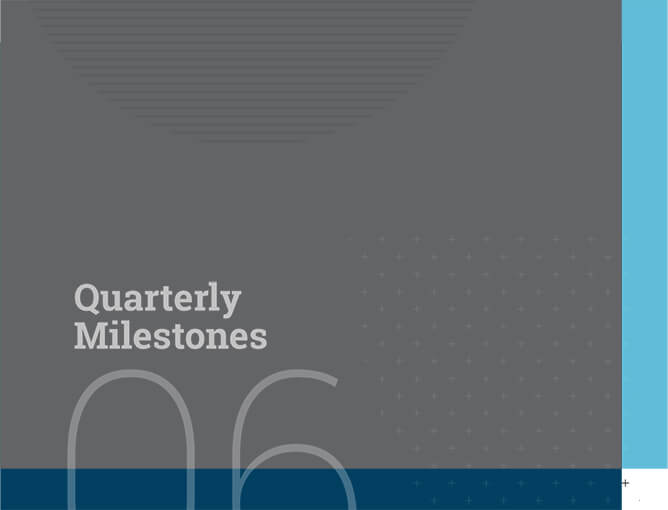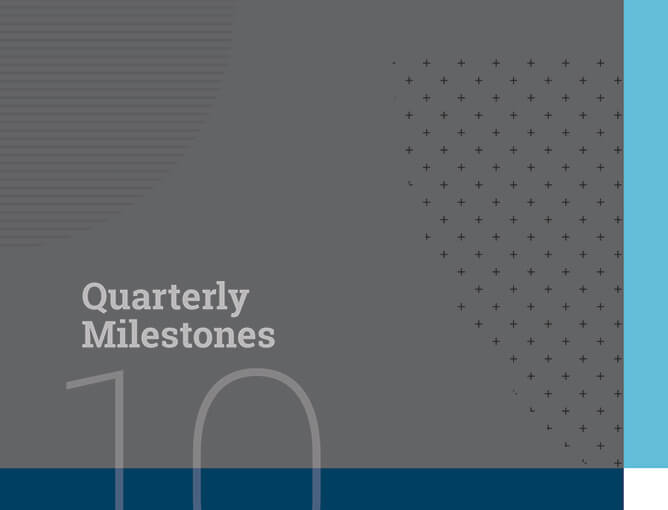
Kirti BalasubramanianCounsel

Disha JhaSenior Associate

Bhavik ShuklaAssociate
The second quarter of 2022 saw several developments on the intellectual property law front. Notably, the Supreme Court ruled that the offence of copyright infringement is bailable and non-cognisable. The Delhi High Court issued directions to ensure the enforcement of judicial orders passed against entities registering fraudulent domain names but not having offices in India. In another case, the Delhi High Court also held that the facts of each case may be analysed to carve out an exception to the timelines prescribed for filing responses to First Examination Reports (FER) under the Patent Act, 1970 and the Patent Rules, 2003 (collectively, Patent Act and Rules). Further, the Trade Marks Registry (TMR) clarified that applications seeking expedited processing of trademark application can be filed at any stage of prosecution and are not limited to the examination stage. Stamping its approval of the Delhi High Court’s creation of an Intellectual Property Division (IPD), the Parliamentary Standing Committee on Commerce has recommended the establishment of IPDs in High Courts to alleviate the issue of backlog of cases before High Courts.
Key Developments
-
Supreme Court holds the offence of copyright infringement penalised under Section 63 of the Copyright Act to be cognisable and non-bailable
In an appeal titled M/s Knit Pro International v The State of NCT of Delhi & Anr., the Supreme Court quashed and set aside the decision of the Delhi High Court in Anurag Sanghi v State & Ors. and held that the offence of copyright infringement stipulated under Section 63 of Copyright Act, 1957 is cognisable and non-bailable.
As per Part II of the First Schedule of the Criminal Procedure Code, 1973, offences which prescribe imprisonment for less than three years are classified as non-cognisable and bailable while those punishable for three years and upwards are classified as cognisable and non-bailable. Cognisable offences are ones for which an arrest can be made without a warrant.
In the past, High Courts have fluctuated between classification of the offence of copyright infringement, which imposes a punishment of ‘not less than six months but which may extend to three years’ along with a fine. The High Courts of Kerala, Assam and, recently, Rajasthan and Bombay have held that this offence is cognisable since the maximum punishment envisaged under the provision is three years. On the contrary, the High Courts of Andhra Pradesh and Delhi have held the offence to be non-cognisable since the maximum term of imprisonment of three years may not be prescribed in case of every offence under the section.
Although the Supreme Court has not specifically dealt with this provision previously, in Avinash Bhosale v Union of India, a similar penalty of ‘imprisonment for a term which may extend to three years’ in Section 135(1)(ii) of the Customs Act, 1962 was classified as non-cognisable and bailable. Despite this earlier holding, the Court has taken a strict view of the language of Section 63 of the Copyright Act.
This classification means that a police officer can initiate arrests for the offences of copyright infringement without warrants. While this may have the intended consequences for egregious offences relating to piracy of content, there is also a risk of the provision being misused/overused and therefore, requires that the executive be given appropriate training on copyright issues to be able to use these powers judiciously.
The criminalisation of copyright infringement has opened the debate on whether this will result in stifling the expression and creativity of artists by shifting the onus of determining criminality of copyrightable works on the police or has this decision helped in creating a more stringent environment for the theft and infringement of copyrightable material, which will be the focus in most future copyright infringement matters.
-
Delhi High Court imposes obligations on domain name registering companies not having office in India
Recently, Justice Pratibha Singh of the Delhi High Court passed an order in two trademark infringement suits, requiring the Department of Telecommunications (DoT) and the Ministry of Electronics and Information Technology (MEITY) to file an affidavit on their position on the privacy protection features of a domain name registration, noting that enforcement of judicial orders (such as suspension or transfer of domain name, revealing of details of the registrants) was especially difficult in case of domain names where the identity of the domain name registrant is redacted due to privacy, and such companies do not have any presence in India.
This order was necessitated when the Court discovered that several fraudulent websites bearing the well-recognised marks ‘AMUL’ and ‘DABUR’ were soliciting business from vulnerable customers and collecting money from customers through the said websites.
Further, the Court noted that there is a need for authorities in India to have appropriate checks and balances; and that while non-resident companies are permitted to offer services and collect revenues from India, implementing court orders in the proper manner against such companies due to the lack of physical offices and/or assets, is a challenging task and has to be streamlined.
In view of this, the Court ordered that to effectuate the injunction orders on owners of domain names that use fictitious, non-existent, or improper details, ordered that the registrars of the impugned domain names shall:
- Reveal all details of registrants of impugned domain names; and
- Reveal the details of payments received by registrants of impugned domain name for all services which may have been provided such as website hosting services, cloud services, etc.
While these additional obligations on domain name registrars to disclose the details of the registrants and introduce mechanisms to take down rogue domains will bring some respite to the otherwise murky area of enforcement of rights over the internet; the opinion of the DoT and the Ministry of Electronics and Information Technology in the coming months on the issue of privacy protection will be critical, to see if there will be any systemic policy change in this direction.
-
Delhi High Court holds that the statutory timeline for filing a response to the First Examination Report can be extended in exceptional circumstances
The Delhi High Court has recently interpreted the provisions of the Patent Act and Rules to hold that in rare and exceptional cases, the timeline to file a response to the FER can be extended by a writ court.
In this case, two patent applications were treated as 'deemed to have been abandoned' under Section 21(1) of the Patents Act due to non-filing of responses to the FER within the stipulated time under this Act. The Patent Office relied on several judgements which state that the deadlines fixed under the Patent Act were strict in nature and that when there is a delay in filing the request for examination, if the prescribed time as per the Patent Rules has lapsed, there cannot be any further extensions. The rules provided are mandatory and not directive in nature.
The Court opined that upon a conjoint reading of the relevant provisions of the Patent Act and Rules, the powers of the Controller General of Patents, Design and Trade Marks are circumscribed and do not grant the discretion to extend the prescribed timelines, especially those specifically excluded under Rule 138, which empowers the Controller to extend timelines.
The Court further reviewed the factual circumstances of all its precedents and noted that the patent applicants in those cases were negligent, and there appeared to be clear reasoning for disallowing the requested extensions as the applicants themselves were not careful of the prescribed timelines.
The Court held that in the present case, it was apparent that the patent applicant had no intention to abandon the patent application at all. The Court recalled all the facts and noted that rather than being negligent, the applicant had taken all possible steps to follow up on the prosecution of the patent application. However, the applicant had to bear the consequences of abandonment of the patent application due to reasons beyond its control. The Court highlighted the settled legal position that litigants should not suffer due to mistakes committed by counsels/advocates.
The Court, while pronouncing its opinion, specifically clarified that while the legislative intent of the Patent Act and Rules should not be ignored, and the said provisions should be treated as mandatory; however, in extraordinary cases, the court may consider being flexible, while exercising its writ jurisdiction. This would depend on the facts of each case as to whether a condonation ought to be given.
-
Trade Marks Registry holds that an application for expedited processing of trademark application can be filed at any stage of prosecution
In the matter of M/s Hatsun Agro Product Private Limited v M/s Bunge India Private Limited, the TMR interpreted Rule 34 of the Trade Marks Rules, 2017 (Rules) pertaining to the expedited examination of trademark applications. Rule 34 provides an additional process to an applicant of a trade mark application wherein after filing of an application and upon payment of appropriate fees, the application procedure would be dealt with expeditiously subject to the guidelines as may be published under the Rules. A trademark application filed by Bunge India Private Limited (Bunge) was opposed by Hatsun Agro Product Private Limited (Hatsun), and the pleading stage of the opposition proceedings was complete. Subsequently, Bunge filed a request for expedited examination of its trademark application. Hatsun contended that such a request could only have been filed at the examination stage of the trademark application, which was over in the present case. The TMR held that the purpose of Rule 34 for expedited examination would be defeated if it were limited only to the examination stage of a trademark application. The TMR clarified that there was pendency and delays at other stages of trademark prosecution as well, and that Rule 34 did not specifically limit the expedited processing of trademark applications to the examination stage. This decision will benefit applicants whose trademark applications are languishing at various stages of the prosecution process due to the backlog of cases at the TMR, especially on account of pending opposition proceedings.
-
Parliamentary Committee recommends the establishment of Intellectual Property Divisions in High Courts
The Parliamentary Standing Committee on Commerce has recommended that the central government establish IPDs in High Courts. This recommendation is aimed to address the backlog of cases transferred to High Courts owing to the dissolution of the Intellectual Property Appellate Board (IPAB). This follows the developments from February 2022 when the Delhi High Court notified the Intellectual Property Division Rules, 2022 which created the IPD to replace the IPAB to deal with all intellectual property related matters filed before the Delhi High Court. (To read our detailed update on the Delhi High Court’s IPD Rules, click here.)
The recommended establishment of the Intellectual Property Division in all High Courts in India will offer the necessary impetus for efficient, specialised, and timely hearing of intellectual property matters.
In the coming months, intellectual property enforcement, especially on the internet, is likely to get a significant push through the orders of the IPD at the Delhi High Court.
The next quarter may also bring about interesting developments such as the trademark classification of goods and services associated with virtual goods like non-fungible tokens, in line with the advisory issued by the European Union Intellectual Property Organisation (EUIPO). The EUIPO advisory is an opportunity for all key intellectual property offices across the globe to undertake a similar assessment locally, given the sharp rise in trademark applications for virtual goods and services.
Further, there may be a compulsory licensing battle brewing in Kerala, where the Court has stepped in and directed the Department for Promotion of Industry and Internal Trade to consider the representation of a petitioner for a licence for a breast cancer drug, Ribociclib, under the government's powers to grant compulsory license and requisition lifesaving medicines.












